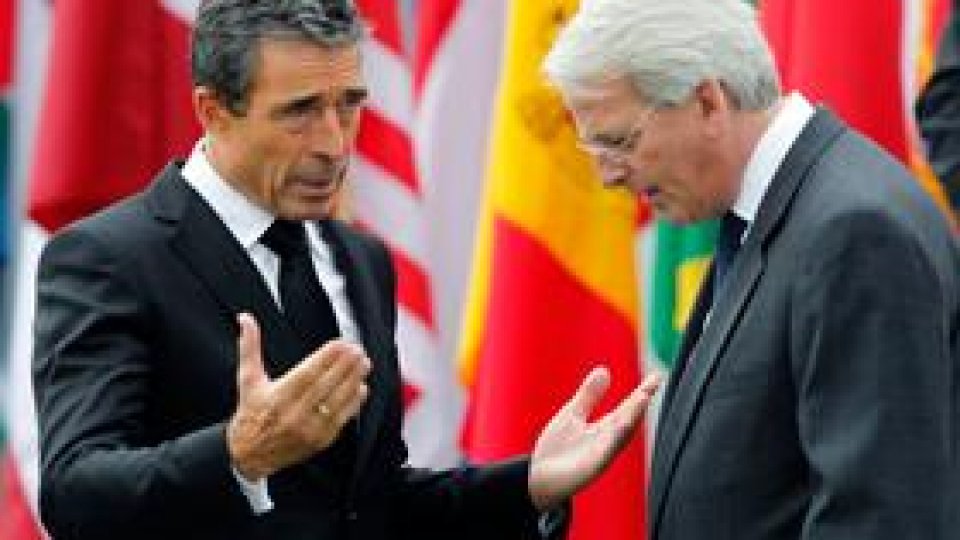Strategy for Afghanistan, discussed at NATO Summit
Leaders from almost 60 countries discussed, on Sunday and Monday in Chicago, about the main challenges of the Alliance.

21 Mai 2012, 08:35
The future allied strategy for Afghanistan - in the context of withdrawal of Western troops in 2014 from this country - and the official launch of the first phase of the missile shield in Europe are the main points on the agenda of NATO summit, which begins on Sunday in Chicago.
Besides the 28 delegates of the Member States, participate tens of representatives of the countries which supported the International Coalition in Afghanistan.
Romania will be represented by President Traian Basescu, the Defense and Foreign Ministers, Corneliu Dobritoiu and Andrei Marga, as well as by the Chief of General Staff, Stefan Danila.
The meeting will be held on Sunday and Monday under strict security and were already made the first arrests among anti-NATO activists.
Leaders from around 60 countries will discuss, on Sunday and Monday in Chicago, about the main challenges of the Alliance.
The central issue is the transition from Afghanistan and the contributions that Member States are willing to do to ensure the stability of the country after the withdrawal of international troops, said U.S. Ambassador to NATO, Ivo Daalder.
"Regarding Afghanistan, we will ensure that the transition will continue and by the end of 2014 the Afghans will take control of Afghanistan. We will ensure that NATO has the necessary endowment to face the XXI century challenges and we will demonstrate through our partnerships that NATO is the central point of a global network of security institutions that faces the century challenges, "said Ivo Daalder.
On NATO Summit agenda is also the missile shield from Europe, being expected that within the meeting to be declared the interim capability of missile defense of NATO, in other words, the first phase of the functionality of the shield.
Discussions will also focus on how states can ensure security in the respect of reduced defense budgets.
Translated by Alexandra-Diana Mircea
MTTLC, Bucharest University














